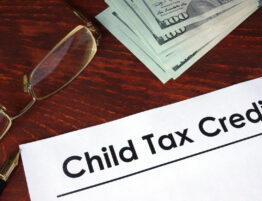Should You?
In order to file a joint tax return, you have to be married at the end of the tax year. The IRS looks at your marital status as of 11:59 p.m. on December 31. Filing a divorce case doesn’t change that; only a final decree of dissolution makes you unmarried in the eyes of the law. So, yes, you can file joint returns if the case is still pending at the end of the tax year.
If you decide to file jointly, you need to decide how to share any refund or tax liability. If you split the refund, IRS form 8888 lets the IRS separate the refund into multiple bank accounts. That way, you won’t have to rely on one another for reimbursement.
Reasons to File Separately
For most couples, the
total tax bill will be lower if you file a joint return. The main disadvantage of filing jointly is that both spouses are
jointly and severally liable for taxes on the return, including any tax
deficiencies, interest, and penalties. So, how to decide?
The most common reasons to consider separate
filings include:
- Filing separately
lowers the overall lower tax burden for the family. - You suspect your
spouse may be under-reporting income. - Filing separately will
reduce income-based repayment amounts for student loans. - In recent years, the
other person has failed to timely file tax returns. - The other person is
already in some kind of tax trouble. - The other person is at
high risk to get audited. - The other person is
self-employed or runs a very small business, and you think some of the details
of the business finances reported on the return might be questionable.
If You Don’t File Jointly, What Filing Status Do You Use?
You must file either “married filing separately” or “head of
household,” depending on your circumstances. Head of Household is usually advantageous.
To be eligible to file as Head of Household, all of the following must be true:
- You did not live
together at all during second half of the year. - A qualifying child or
dependent lived with you for more than half the year. - You paid more than
half the cost of household expenses for more than half the year.
Who Can Claim the Children?
If you file separately, you have to decide who gets to claim the exemption for each child. Most parents share these, unless one spouse earns too much to take advantage of them. If you can’t agree, the parent who had the most overnights with the child usually gets the exemption, but claiming all the kids over the other parent’s objection may not make you look good to the judge. If you both try to claim the same child, you are asking for an audit, and your returns may be rejected.






